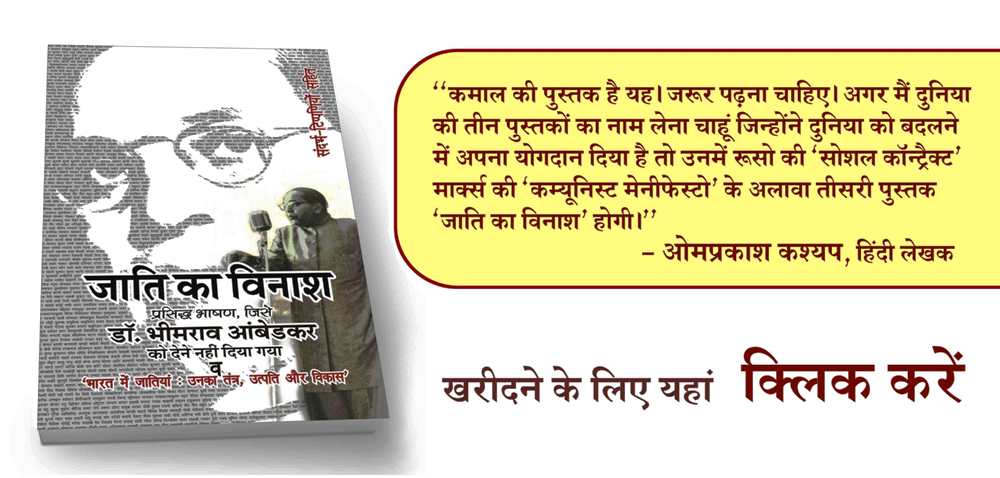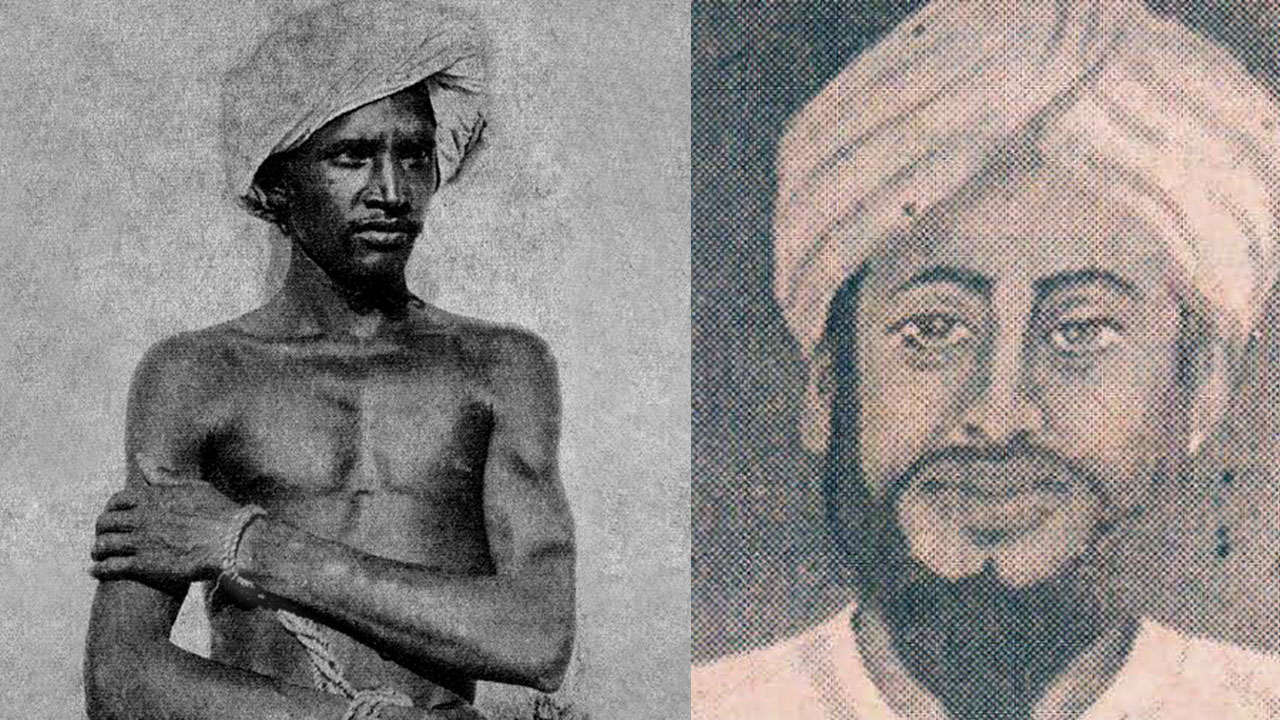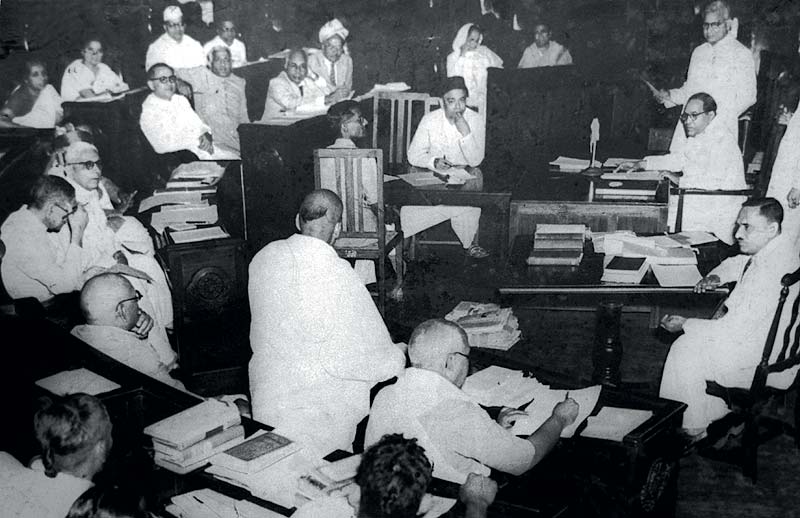A common refrain is that Adivasis have never made an effort to join the social mainstream. History, however, refutes that perception. Dr Jaipal Singh Munda was a member of the Constituent Assembly. Later, in the political arena, leaders like Kartik Oraon, Kariya Munda, Shibu Soren and Heerasingh Markam continued to make that effort. However, the efforts of these individuals who tried to go the extra mile were cut short by betrayals and murders. Adivasis’ struggle for justice has been soaked in blood from the beginning.

At the time of Independence, India had around 565 princely states ruled by Rajas and Nawabs. One of the key problems that confronted leaders of the newly independent nation was how to bring about the merger of these states with the Indian Union. Most of the Rajas and Nawabs believed that joining the Indian Union was in their interest and readily signed the instruments of accession.
The dawn of Independence and the princely states becoming part of the then India had filled Pravir Chand Bhanj Deo, the ruler of Bastar and the last king of the Kakatiya dynasty, with great hopes. He signed the accession of Bastar to India and joined the Congress to take part in politics.
The Adivasis of Bastar hold Danteshwari Devi and Bhanj Deo in high esteem. Their reverence for Bhanj Deo is such that you can find his picture in almost every Adivasi household of Bastar. Dussehra is celebrated for 75 days in Bastar. It is said to be the longest festival in the world. This Dussehra witnesses brisk sales of Bhanj Deo’s photographs. The Tribals worship their late ruler.
Mahishasur: A People’s Hero, a book based on Bahujan cultural discourse, is available on Amazon
Only one photo of Bhanj Deo is popular or, shall we say, readily available. It is a photo taken at his wedding. The same photo is sold in frames of different designs and shapes.
Raja Bhanj Deo fought for the rights of the Adivasis. He was a forward-looking ruler who harboured great hopes from the rulers of independent India. He was confident that in free India, the Adivasis wouldn’t be exploited as they were in the colonial era. He believed that it would be easy for Adivasis to gain possession of their land and they would march on the path to progress, along with the rest of India. In other words, he saw Independence as a golden opportunity for Bastar and its tribal residents.

At one time, Bastar was the largest district of India. Now it is a division and is one of the biggest divisions in terms of area. It comprises four districts – Bastar, Dantewada, Kanker and Kondagaon. Gondi and its subdialect Halbi are the main languages of Bastar. Interestingly, many Halbi folk songs describe the history of Bhanj Deo’s ancestors. Annamdev was the first king of the Kakatiya clan to which Bhanj Deo belonged. Annamdev is referred to as Chalki Raja in Halbi songs. Chalki stands for Chalukya. The Kakatiyas had branched off from the Chalukyas.
Also read: Heroes buried in the dust of Malice
The Kakatiyas were closely associated with Tribal goddess Danteshwari Devi and their association finds mention in folk songs and tales. In the past, Bastar has been described as the Kaushal of the South and figures in the list of 16 ancient republics. The area over which Bhanj Deo ruled was bigger than today’s Kerala and even Israel and Belgium.
Pravir Chandra Bhanj Deo, the last ruler of Bastar, was born on 25 June 1929 in Shillong. After the death of his parents, the British government anointed him king. He was just six years old at the time. The British administered the kingdom on his behalf. Shortly before Independence, when he turned 18, he was made the de facto ruler of Bastar.
After Independence, the Nizam of Hyderabad was among the native rulers who were unwilling to cede their territories to the Indian Union. Around that time, it was discovered that Bailadila in Bastar (now Dantewada district) had huge subterranean deposits of iron ore. This was an important discovery for Bastar as well as for the whole of India. The Nizam of Hyderabad tried to lure Bhanj Deo into supporting him but didn’t succeed. Bhanj Deo signed the annexation treaty on 1 January 1948, hoping that it would ensure better life for the tribals.
Buy Dr B.R. Ambedkar’s ‘Jati Ka Vinash’ (translation Rajkishore) on Amazon
At the time of Independence, Dr Jaipal Singh Munda of Jharkhand was a leading champion of tribal rights. Dr Ambedkar had made provisions for protecting the rights of the Tribals in Part 5 and 6 of the Indian Constitution. The enabling legislation had to be put in place. However, Munda was not able to see through the trickery of the then biggest political party. Bhanj Deo did not like what he was seeing and launched a campaign to make the Tribals politically aware – first in Bastar, then

in Gondwana and finally, all over the country. In 1957, he contested assembly elections from Jagdalpur as a Congress candidate and won hands down. Soon, he was working for the welfare of his constituents with complete sincerity and honesty.
Within less than four years, Bhanj Deo had emerged as the tallest leader in the then undivided Madhya Pradesh. The ruling party tried its utmost to persuade Bhanj Deo to stop working for the emancipation of Tribals but he would have none of it. Gradually, the differences between the two became irreconcilable. In 1959, disappointed with the attitude of the government towards the tribals, he resigned from the membership of the assembly. The trigger was the “Malik Makbuja” scam. A law in the Bastar state barred non-tribals from acquiring tribal land. However, after Independence, the law was amended and diluted. The result was that outsiders began usurping the land of the Tribals in return for a bottle of liquor or a small sum. The thick sal and teak forests started disappearing. This was called the Malik Makbuja scam. Bhanj Deo stoutly opposed the amendments to the law and the corruption in its implementation. As his opposition to anti-Adivasi policies of the government grew, he was taken into custody for a few days in 1961. The central government, through a presidential order, stripped him of the special status and facilities he enjoyed as a former ruler.
This came as a shock to the Tribals of Bastar and they rose in revolt. Massive demonstrations were held all over Bastar. The government, taken aback by the popularity of Bhanj Deo, decided to teach his supporters a lesson. In March 1961, the police opened fire on a crowd of around 20,000 Tribals, killing many. Bhanj Deo concluded that he would have to chart a different political course. By 1962, he had almost made up his mind to form a tribal political outfit at the national level. The candidates that he supported contested the assembly polls held that year and won nine seats with sizeable margins. This was the people’s answer to the killing of the Tribals. Bhanj Deo’s growing political clout made the union government sit up and take notice.
Meanwhile, Bhanj Deo clashed with the government on numerous issues, including forcible extraction of levy, policemen misbehaving with tribal women, the Dandakaranya project and starvation deaths. He led many peaceful demonstrations on tribal issues. Bhanj Deo became an eyesore for the administration as he continued to hold them to account over issues concerning the poor. The government was also unable to digest his popularity. Because of Bhanj Deo, it became impossible for industrialists to fell forests and extract minerals, even set foot in Bastar. The industrialists were guilty of all sorts of irregularities with the support of people in the government. The government wanted to somehow solve the problem once and for all.
On 25 March 1966, a large number of Adivasis were gathered on the premises of Bhanj Deo’s palace to recount their problems to him. The police tried to take away one of the members of the crowd – an undertrial. A clash followed in which one policeman was killed. The police soon surrounded the palace. All the tribals gathered there took sanctuary inside the palace. The police asked them to surrender. When Bhanj Deo first sent women and children out to surrender, the policemen opened fire on them, killing many. Following this incident, no one could gather the courage to come out of the palace. Meanwhile, the police asked for reinforcements. They then forcibly entered the palace and fired indiscriminately, killing the king and a large number of Tribals. By the afternoon, there was no one left in the palace. The police had fired 61 rounds.
A king, who ruled over the hearts of his subjects, a king who sent nine Tribals to the Madhya Pradesh Assembly, who wanted the tribals to be the sole proprietors of the natural resources of their area, who wanted education and employment for Tribals, who aroused great hopes in the Tribals – that king lay dead on the stairs of his own palace, his body riddled with 25 bullets. That was the time when the terms “Red Corridor” and “Naxalism” were unheard of in India. Here was a king who wanted to save Adivasis from both the Red Corridor and Naxalism.
The Tribals of Bastar have yet to forget – let alone forgive – their Raja’s murder. Since then, to date, Bastar is burning. Tribals are getting killed every day. They are being forced to resort to Patthalgadi to assert their identity, to fight for what is legitimately theirs. The issue that Bhanj Deo wanted to resolve is still awaiting resolution. And the things are going from bad to worse.
Translated by Amrish Herdenia
(This article is based on the history of Jagdalpur and an interview with Mohit Chandra Bhanj Deo, the younger son of Pravir Chandra Bhanj Deo.)
Forward Press also publishes books on Bahujan issues. Forward Press Books sheds light on the widespread problems as well as the finer aspects of Bahujan (Dalit, OBC, Adivasi, Nomadic, Pasmanda) society, culture, literature and politics. Contact us for a list of FP Books’ titles and to order. Mobile: +917827427311, Email: info@forwardmagazine.in)
The titles from Forward Press Books are also available on Kindle and these e-books cost less than their print versions. Browse and buy:
The Case for Bahujan Literature
Dalit Panthers: An Authoritative History







